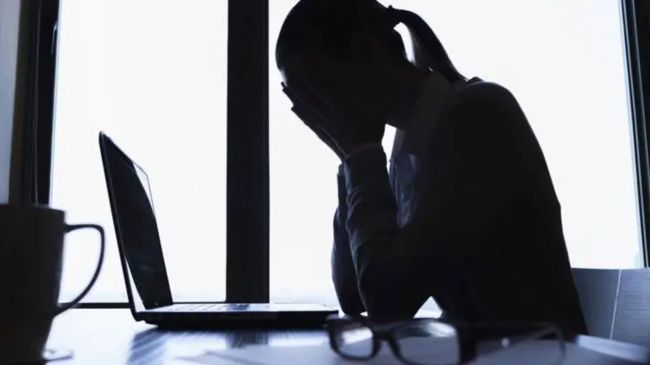Opinion UPS or NPS? A police officer’s unexpected lesson in life and death
For those who confront their mortality everyday, even a bureaucratic exercise can feel deeply personal
 Many of us live under delusions of being “in control” and all-powerful. Then without prior warning, it is snip- snap. Game over. (Representational image/File)
Many of us live under delusions of being “in control” and all-powerful. Then without prior warning, it is snip- snap. Game over. (Representational image/File) When it comes to witnessing death, police service gives one viewing privileges akin to the seats in the lower tier of the Eden Garden Club House. After crematorium workers, and hospital staff, I believe, it is my department that is the most exposed to this eventuality of human life. Over a period of time, it “hardens” even the mushiest of us. However, of all the murders, accidents and “unnatural” deaths that I have had the misfortune to supervise (misfortune because it meant someone had lost their lives in the process), nothing left a more morbid aftertaste than a routine choice that the government asked us to make — rather “declare”.
Earlier this year, the central government presented before all its employees and those under the All India Services a choice: Between a (new) Unified Pension Scheme (UPS) or a New Pension Scheme (NPS). They termed this act as a “switch”. An employee could exercise his/her option to switch from the existing pension scheme to UPS, with the deadline set for the end of November 2025.
Suddenly, work-related chat groups witnessed a deluge of analytical reports, PDFs and PPTs informing the reader on the pros and cons of both options. The write-ups addressed complicated areas like return on investment, inflation-indexing, flexibility, risk tolerance, etc. One report talked of the choice as an assessment of one’s life expectancy. I do not know how many fellow officers discussed this with their respective spouses but since my husband belongs to the same service as mine, we could not avoid it.
My husband, an IITian, loves numbers and calculations, so naturally he was well-prepared with his own research. I, on the other hand, am among those who are relieved to pass a day without having to apply differential equations. Additionally, once the discussion veered towards questions about who would be outliving whom and by how many years, I started feeling terrible. I realised that we had never before discussed the eventuality of either of us dying. That got me thinking about how every day we live making provisions for a life which we may not even see.
In the police, especially, we feel that we are indispensable when the stark truth is that is not the case for anybody. We prioritise work over family almost every time. Many of us even live under delusions of being “in control” and all-powerful. Then without prior warning, it is snip-snap. Game over.
Do we get a window of a micro-second before dying, to just say, “Oh s**t”?
Around the same time these feelings were stirring up inside me, I lost a friend from school. He was 39. One fine morning, he just did not wake up. He had plans for that week. He must have had plans for his entire life. What was the scene that enveloped his senses as he took his last breath? If given a choice, which pension scheme would he have chosen? If he knew he would not wake up that particular morning, would he have done things differently? I cannot say. But I am certain that he would have told his near and dear ones that he loves them — very much.
Just a few years ago, old age seemed like a thousand years away, but now it is just two bends more. Death, on the other hand, could be waiting at the next milestone and one would have no way to know it. Moreover, as we go through the heartbreaking phase of our parents getting visibly older, unable to do so many “routine” activities, the eventuality of life seeps in, like a carpet soaking up fresh blood in a crime scene.
Hence, before it is too late, fellow policemen and others working in similar conditions — hold the people you love closer. Tell them you love them. Submit that leave application. Make it to that birthday party. Attend that sports day. You do not have to be with them only when they are in a medical emergency.
This seemingly “routine” government process of UPS vs NPS switched on such morbid thoughts that I refused to give it any more energy. I finally worked out the best way to choose — do an inky-pinky-ponky to pick on, fill the form and send it as quickly as possible. At the time of writing this article, I have forgotten what I have chosen; the office must have maintained a copy of my “switch” for record. I implored my husband to keep his choice to himself.
At the end, I apologise to anyone who might feel that they have wasted precious time out of their “life expectancy period” reading this article in the hopes of getting some guidance on making the right “switch”.
The writer is the Special Superintendent of Police, Intelligence Branch, West Bengal Police





